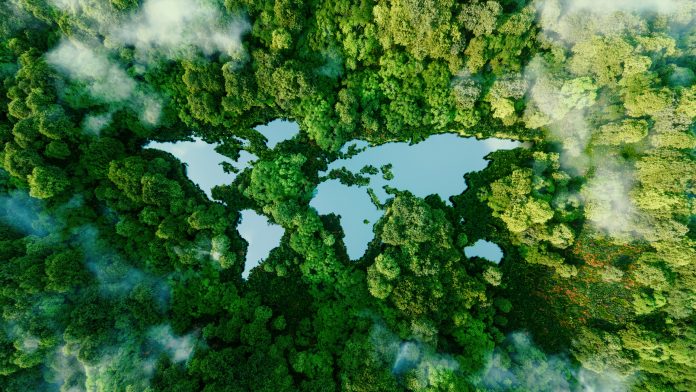Insights into the central features of human evolution may divert efforts to address environmental problems, including climate change
The study led by University of Maine researchers found that the culture of adaptation to the environment, defined over thousands of years, has shaped human societies’ relationship with the planet.
Starting questions
Evolutionary biologist Tim Waring and his research team looked into three critical questions:
- How has human evolution operated in the context of environmental resources?
- What is its contribution to global environmental crises?
- What is the potential impact of global environmental limits on future human evolution?
The study revealed a historical pattern of human expansion driven by cultural adaptation, leading to the accumulation of adaptive traits. Over the past 100,000 years, human groups have progressively utilised more types of resources, intensifying their usage at larger scales and resulting in greater environmental impacts. However, this expansion, which has been useful for us, is now meeting its limits as we have reached the physical boundaries of the biosphere.
Challenges faced due to climate change:
Today, the challenges faced by climate change require reevaluating how human societies address environmental problems. The researchers identified two patterns in sustainable systems: they tend to emerge after groups struggle to maintain resources, and they address problems within existing societies rather than between them.
Waring emphasised the need for coordinated global efforts to tackle climate change effectively, highlighting the inadequacy of current sub-global groups.
A functional global society: Encouraging environmental solutions
A functional global society must establish economic and social systems that account for climate change and address resource competition among sub-global groups.
The study suggests that features central to human evolution may hinder our ability to tackle global collective challenges. Waring and his team propose further research to explore the drivers of cultural evolution and ways to reduce global enviromental competition.
The research raises questions about humanity’s long-term survival on a limited planet. Waring acknowledges the need for careful study and calls for a more comprehensive understanding of the challenges posed by human evolution.
How can we address climate change?
As we stress the urgency of addressing climate change, this study urges policymakers and researchers to reconsider current models of global governance.
The findings could lead to new policy mechanisms prioritising intentional, peaceful, and ethical systems of mutual self-restraint.
It is still being determined whether altering the adaptive change process of corporations and nations can effectively address global environmental risks. However, the study highlights the urgent need for further exploration and action.











